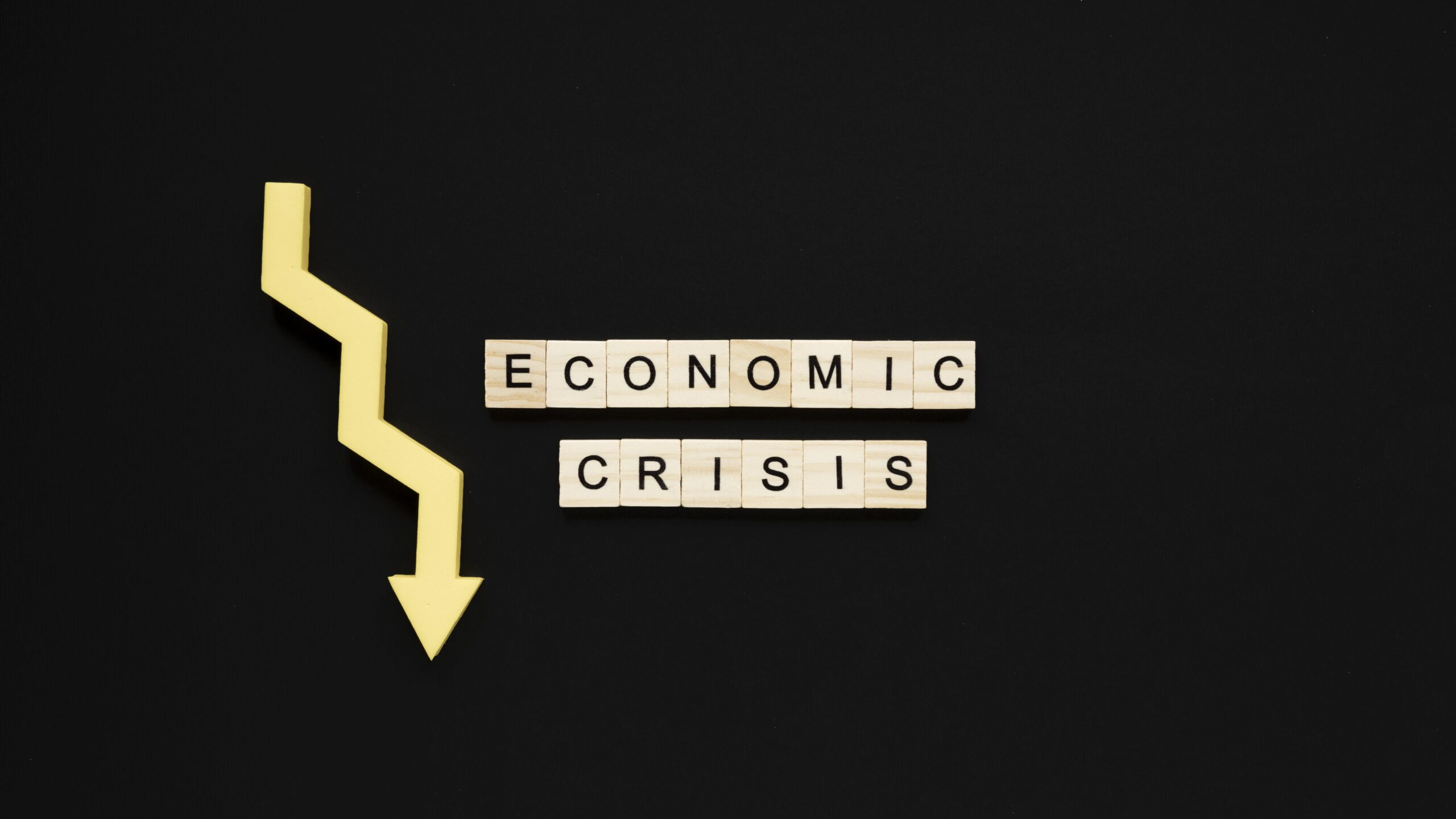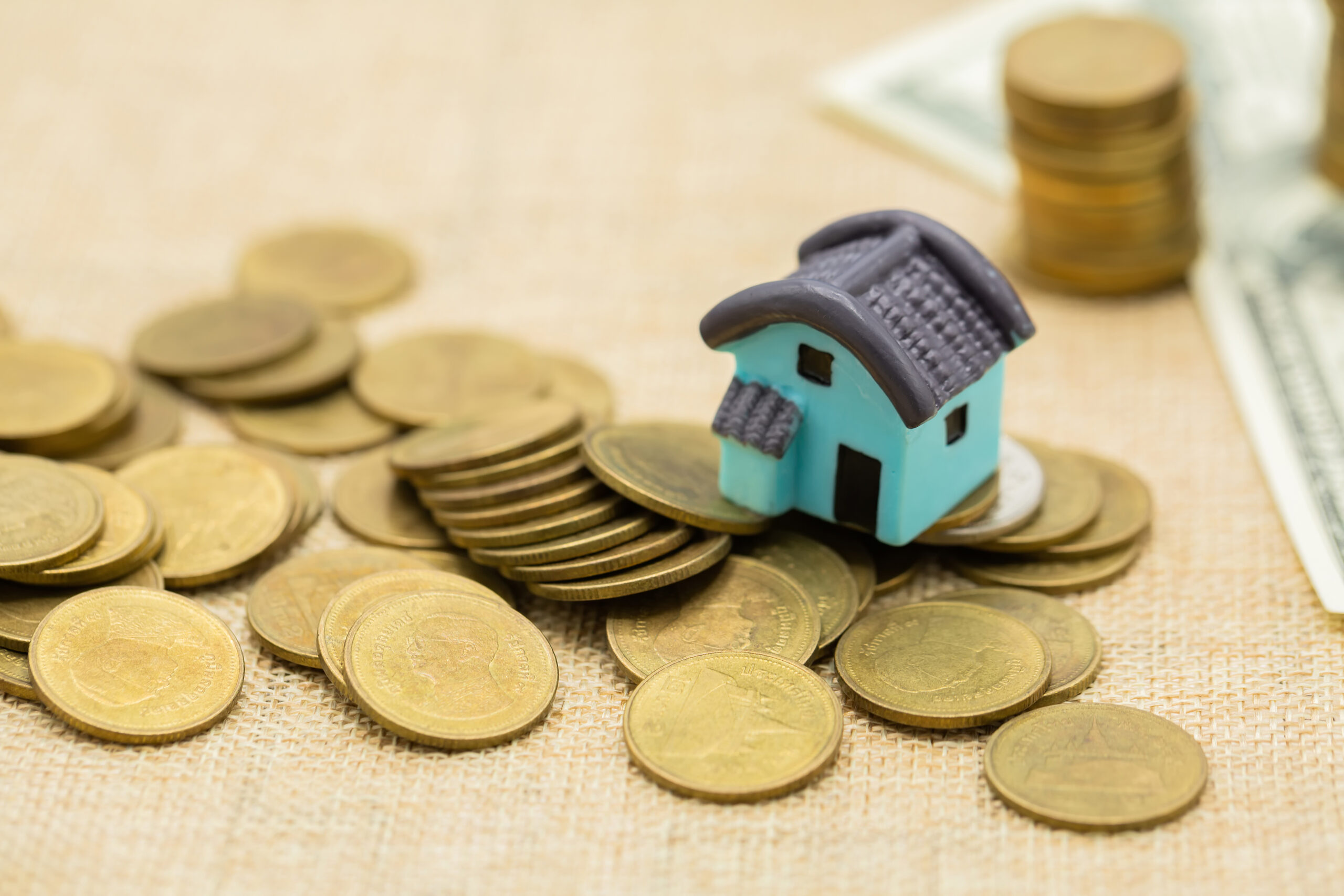Recessions can bring financial uncertainty that disrupts households and businesses alike. Whether you’re a homeowner or someone who is navigating a mortgage, understanding how to protect your finances during a recession is crucial to preserving your financial well-being. As the economy contracts, job losses, inflation, and rising interest rates are all possible consequences that could affect your long-term financial security.
In this article, we’ll explore the essential steps you can take to safeguard your finances, with a focus on mortgage strategies and financial management during a recession. We’ll also provide you with actionable tips that can help you not only survive a recession but also thrive.
What Happens to Finances During a Recession?

Before diving into strategies, it’s essential to understand the potential impacts a recession may have on your personal finances. During a recession, the economy typically slows down, resulting in widespread financial strain. Here’s how:
Economic Slowdown and Job Losses
One of the most immediate effects of a recession is the increase in unemployment rates. Businesses may reduce their workforce due to lower consumer spending or limited growth opportunities, making job security a growing concern. For homeowners, this can lead to difficulty in keeping up with mortgage payments or other financial obligations.
Mortgage Rates and Housing Market Fluctuations
During a recession, central banks often lower interest rates to stimulate economic activity. However, mortgage rates can be volatile, and many homeowners may find that their existing mortgage is now more expensive than anticipated. This fluctuation can make it more difficult to refinance or secure affordable loans, leading to increased financial stress.
Declining Investments and Savings
Recessions often affect stock markets, which can lead to a drop in the value of retirement accounts and other investments. People may also dip into their savings to cover essential expenses, further depleting their financial resources and compromising long-term financial stability.
Despite these challenges, there are proactive steps you can take to mitigate the impact and secure your financial future.
Want to learn how to pay off your mortgage in just 5 years? Discover the Custom Mortgage Solution Here
Key Financial Strategies to Protect Your Assets
Financial protection starts with a well-thought-out strategy. Below are some proven strategies to help you protect your finances during a recession.
Build an Emergency Fund
Why an Emergency Fund is Crucial
An emergency fund is a safety net that can help you weather financial storms. Having cash set aside allows you to avoid debt or other costly alternatives when unexpected expenses arise. During a recession, an emergency fund becomes even more critical as job losses and other uncertainties may leave you without a steady income.
How to Start Saving and the Ideal Amount
Aim to save at least three to six months’ worth of living expenses. This should cover rent or mortgage payments, utilities, food, transportation, and any other essential costs. Start small if necessary—saving a little each month can eventually lead to a robust emergency fund that will give you peace of mind during tough times.
Reduce Unnecessary Expenses
Identifying Non-Essential Spending
Recessions often force people to re-evaluate their spending habits. Reducing unnecessary expenses is one of the most effective ways to protect your finances. Start by tracking your monthly spending to identify areas where you can cut back. Non-essential expenses like eating out, subscription services, and luxury items can often be scaled back significantly.
How Cutting Back on Discretionary Costs Can Help Save More
Consider limiting or eliminating things like:
- Dining out and ordering take-out
- Unused subscriptions (streaming services, gym memberships, etc.)
- Impulse purchases and non-essential shopping
By reducing your discretionary spending, you can free up more money to save or pay off debt.
Avoid Taking on New Debt
The Dangers of Accumulating Debt During a Recession
If you’re not careful, accumulating debt during a recession can significantly harm your financial well-being. Interest rates might be lower, but if your income is uncertain, it can be risky to take on new loans or credit card debt. Instead, focus on managing the debt you already have and avoid adding to it unnecessarily.
Focus on Paying Off High-Interest Debt First
If you carry high-interest debt such as credit card balances or payday loans, prioritize paying those off first. Not only will this reduce your overall financial burden, but it will also help you maintain a better credit score, which can be crucial in times of financial uncertainty.
Mortgage Management: How to Navigate Housing Costs During a Recession

If you’re a homeowner with a mortgage, you know that your monthly payment is often your largest financial obligation. During a recession, it’s important to actively manage this aspect of your finances to avoid falling behind.
Refinancing Your Mortgage for Better Terms
When Refinancing Can Be a Beneficial Option
Refinancing can be a strategic way to lower your monthly mortgage payments, especially if interest rates are lower during a recession. By refinancing, you may be able to secure a better rate or extend your loan term to reduce payments. However, be mindful of the costs involved, as refinancing fees can be high.
How Lower Interest Rates During a Recession Can Work in Your Favor
As mentioned earlier, central banks often lower interest rates during a recession. If you’re able to refinance at a lower rate, you can save money in the long run. This can also help free up cash that can be used for other expenses or savings.
Consider Mortgage Forbearance or Modification
Options Available for Those Struggling to Make Mortgage Payments
If you’re struggling to keep up with your mortgage payments during a recession, you might qualify for forbearance. Forbearance allows you to temporarily pause or reduce your payments without facing foreclosure. It’s important to understand that forbearance doesn’t erase your mortgage debt—it just gives you more time to catch up.
Understanding the Long-Term Impact of Forbearance
While forbearance can be a helpful option, it’s crucial to understand the long-term implications. If you use forbearance, you’ll eventually need to make up the missed payments, which could result in higher monthly payments down the line.
Sell or Downsize if Necessary
When and Why Selling Your Home or Downsizing Can Be a Smart Move
In some cases, selling your home and downsizing might be the best financial decision during a recession. If you have equity in your home, you could sell it for a profit, then use the proceeds to buy a less expensive property or pay off debt.
Factors to Consider Before Making the Decision
- Housing market conditions: Is it a good time to sell in your area?
- Emotional attachment: How attached are you to your current home?
- Long-term goals: Does downsizing align with your future financial goals?
If you feel uncertain about your housing situation, consider consulting with a financial advisor or real estate professional.
The Fastest Way to Pay Off Your Mortgage
If you’re looking to eliminate debt and take control of your mortgage, consider joining the 5-Day “Cashflow Empire Live” Challenge. In just five evenings, you’ll receive a personalized 5-year mortgage payoff plan that can help you eliminate debt and build lasting cash flow.
- Learn the strategy that can help you pay off your home in just 5 years instead of 30
- Save hundreds of thousands of dollars in interest payments
- Gain financial freedom without changing your budget or lifestyle
Secure Your Spot Today and take the first step toward transforming your financial future.
Conclusion: Takin
Investments: Safeguarding Your Portfolio
During a recession, it’s also important to protect your investments. Recessions often cause market volatility, which can affect retirement accounts, stock portfolios, and other investments.
Diversify Your Investment Portfolio
The Importance of Having a Diversified Investment Strategy During a Recession
Diversification is one of the best ways to reduce risk in your investment portfolio. By spreading your investments across various asset classes—stocks, bonds, real estate, and cash—you’ll be better positioned to withstand market fluctuations. Diversifying your investments can help mitigate the impact of a recession and ensure that no single asset class dramatically affects your financial situation.
Safe Investment Options Like Bonds, Real Estate, or Dividend-Paying Stocks
Consider shifting some of your investment focus to low-risk options during a recession, such as:
- Bonds: Government and corporate bonds are typically safer investments, providing more stable returns.
- Real Estate: Real estate can be a hedge against inflation and offer consistent returns over time.
- Dividend-Paying Stocks: These stocks provide regular income and may hold up better during recessions.
Focus on Low-Risk Assets
Exploring Low-Risk Financial Products
During uncertain times, it’s wise to focus on low-risk financial products like:
- Certificates of Deposit (CDs): These provide a guaranteed return with minimal risk.
- Money Market Accounts: These accounts offer liquidity and stability, making them a safer choice in a recession.
- Government Bonds: Treasuries and other government bonds tend to be safer and more stable investments during economic downturns.
Additional Strategies to Strengthen Financial Stability
Increase Income Streams
Side Gigs, Remote Work, and Freelancing Opportunities
If you’re concerned about job security, consider exploring additional income streams. Side gigs, freelance work, and remote job opportunities can supplement your primary income, providing financial stability in uncertain times.
Importance of Diversifying Income Sources
By having more than one income source, you reduce the financial risk associated with losing your primary job. Whether it’s driving for a ride-share service, tutoring online, or starting a small business, finding additional ways to earn money can help you weather the storm.
Monitor Your Credit Score
How a Recession Can Impact Your Credit and Why It Matters
A recession can negatively affect your credit score if you miss payments or increase your debt. Maintaining a healthy credit score is crucial, especially if you plan to refinance your mortgage or take out a loan in the future.
Tips to Maintain or Improve Your Credit Score During Tough Times
- Pay bills on time.
- Avoid taking on new debt.
- Keep credit card balances low.
Conclusion: Taking Control of Your Financial Future During a Recession
Recessions can be challenging, but with the right strategies in place, you can protect your finances and even set yourself up for future success. By building an emergency fund, reducing debt, managing your mortgage wisely, and safeguarding your investments, you’ll be better prepared for whatever comes your way.
Want to Take Control of Your Mortgage?
If you’re looking to eliminate debt and take control of your mortgage, consider joining the 5-Day “Cashflow Empire Live” program. In just five evenings, you’ll receive a personalized 5-year mortgage payoff plan that can help you eliminate debt and build lasting cash flow. Don’t wait—start today and secure your financial future.
Discover How to Pay Off Your Home in 5 Years or Less… Without Changing Your Budget or Lifestyle.
Affiliate Disclaimer: BestMortgages.co may include affiliate links, which allow us to earn a small commission when you make a purchase through them. This helps support our site at no extra cost to you. Thank you for your support!




0 Comments